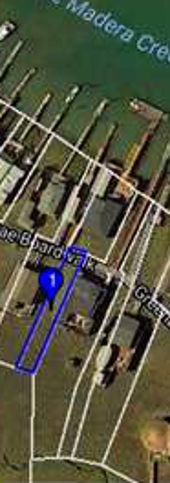

My PEP Badge Tracker: An easier way to track your PEP Badge Progress
will be released to subscribers in:
soon!






 2
2




Iterations are fine, we don't have to be perfect
My 2nd Location:Florida HardinessZone:10 AHS:10 GDD:8500 Rainfall:2in/mth winter, 8in/mth summer, Soil:Sand pH8 Flat




 2
2




 1
1




 1
1




My opinions are barely worth the paper they are written on here, but hopefully they can spark some new ideas, or at least a different train of thought
 1
1




 1
1









 Water wars are still going on here, they are just fought in court now.
Water wars are still going on here, they are just fought in court now. 






Iterations are fine, we don't have to be perfect
My 2nd Location:Florida HardinessZone:10 AHS:10 GDD:8500 Rainfall:2in/mth winter, 8in/mth summer, Soil:Sand pH8 Flat








Nails are sold by the pound, that makes sense.
Soluna Garden Farm -- Flower CSA -- plants, and cut flowers at our farm.




"The world is changed by your example, not your opinion." ~ Paulo Coelho




Kenneth Elwell wrote:A plastic cistern or an above-ground swimming pool could be your storage, and the water trucked in. Around here, there are trucking companies that haul "pool water"...
For us, using city water comes with tiered water usage rates, plus sewer usage rates based on water use!
So, one avoids those extra fees for a swimming pool fill up, and it is done WAAAY faster than with a garden hose.
You'd have to comply with rules/permits regarding a pool... like fencing or some other way of preventing kids from drowning...
The cistern might be less hassle.
Essays for sale
 1
1




Dc Brown wrote:
"Catching rainwater was illegal" There's a law I have zero respect for. Made by muppets, for muppets.
Still able to dream.


|
a fool thinks himself to be wise, but a wise man knows himself to be a fool - shakespeare. foolish tiny ad:
The new purple deck of permaculture playing cards
https://www.kickstarter.com/projects/paulwheaton/garden-cards
|





